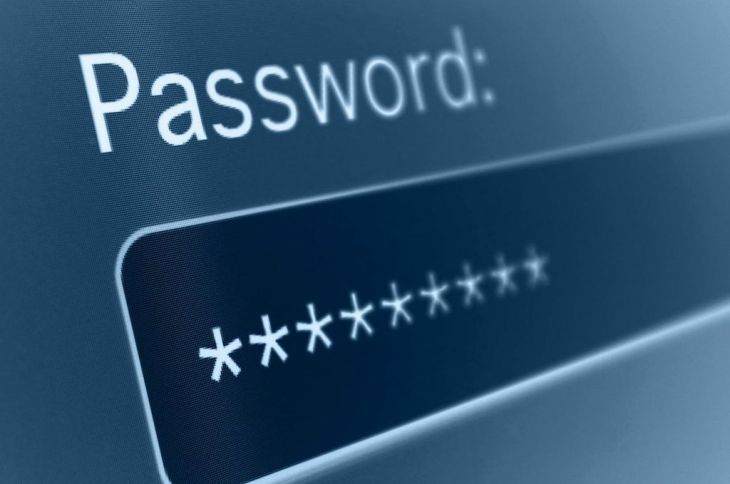Offline security tools help protect your information by avoiding the online login process; keeping all of your passwords and credentials stored safely on your machine. Whether you’re a small business, large corporation, or just an individual looking to improve your password security, these tools can massively overhaul your cybersecurity efforts.
So, why is a password manager such a crucial security tool? Why should businesses and individuals be using an offline password manager? In this guide, we’ll dive into all the reasons why you need this critical tool and where to find it.
How Do You Store Your Passwords?
Password storage can mean the difference between password security and the risk of having all of your passwords exposed. So, how do you store your passwords? If you’re like most businesses and people, you’re not doing it right. In fact, many companies are still storing passwords in plain text or using a Word doc, spreadsheet, or even sticky notes! Imagine leaving your most important credentials to the mercy of a simple spreadsheet; you’re practically asking for a breach.
The way you store passwords is crucial, and if you’re not storing them properly, you could be held liable if your company experiences a breach. You should be taking every possible measure to protect your passwords, and that starts with proper storage.
An offline password manager is the solution. With this tool, you can store, organize, and easily manage all of your company or personal passwords. You can organize different accounts by labeled folders for easy access, and store other info like credit cards and important files.
It’s time to ditch the spreadsheet method and adopt a new tool that’s specifically designed to keep your passwords safe!
Password Security
Aside from securing your passwords in an organized software program, you also need to create good passwords to begin with. This is the foundation of good password habits, as a poor password can cripple the entire system. Sadly, not everyone takes passwords seriously, or has no idea what a bad password habit looks like. But don’t worry—we know exactly what a bad password looks like.
Personal Information: We’re talking to you, the guy that uses his birthday and name in all of his passwords. This is perhaps the best way to make sure you do get hacked, because if you think about it, what’s the first thing a hacker would look at? Birthdays, names, and sometimes addresses are public knowledge, and with so many people using this info in passwords, it’s practically an open invitation.
Don’t ever use birthdays, addresses, SS numbers, phone numbers, employee ID numbers, or any other self-identifying or company information in a password. Passwords should always be a random assortment of numbers, letters, and symbols, like these:
T8@!kD)%fI[sP319
iu^7#$sA-(kIw)
Notice how these two passwords contain no repeating characters, are longer than 11 characters, and don’t contain any kind of personal information or identifying phrases. These are strong passwords! If you’re unsure of your password’s strength, use this tool to test it out. The first password we came up with would take 41 trillion years to crack according to the password checker. Now that’s security!
Never, Ever, Ever Recycle A Password: This rule should be burned into every person’s mind, especially since so many people recycle their passwords. You can’t trust a single password for more than one account, let alone all of them. It’s simply irresponsible. And, if you’re using personal information in the password, you’re basically giving an eager hacker a one-way ticket to all of your passwords.
Use a password generator to create strong passwords. Most offline password managers come with such a tool, but in case they don’t, use this free tool to create better passwords.
Sharing Passwords
Sharing passwords, in an individual sense, is poor practice. You shouldn’t share passwords with friends, family, or significant others. I know, it sounds strange, but the fewer people that know your Netflix password, the better. People tend to be more irresponsible with things that don’t belong to them, and if the wrong person gets ahold of your Netflix account info, you could be exposing your bank/credit card information as well.
If your business needs to share passwords among authorized users, a password manager is the best solution. You don’t want to pass around a sticky note or email passwords back and forth. With password managers, you can control who has access to which passwords and assign roles.
Final Thoughts
Password management should be a prime concern for everyone—not just businesses. Breaches most often occur because of compromised passwords, and you don’t want your identity, bank info, or any other personal info stolen because of a poor password. It’s completely preventable, and as we demonstrated above, creating strong passwords isn’t difficult.
Disclosure: We might earn commission from qualifying purchases. The commission help keep the rest of my content free, so thank you!




